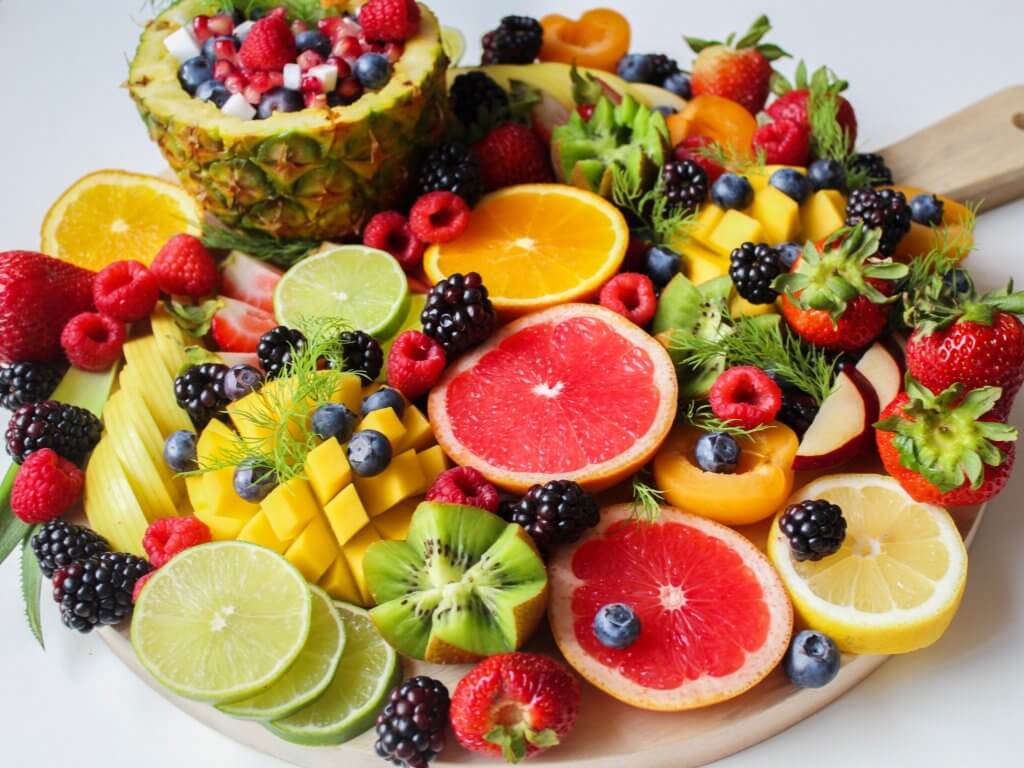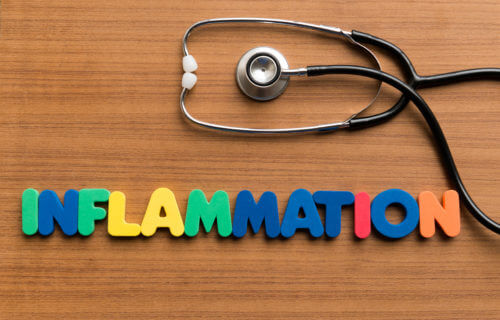“This food is inflammatory!” is a phrase thrown around all the time about a host of different dishes. Wellness influencers left and right are pushing the idea that inflammation is terrible for the body and that we need to reduce it at all costs. But is this true? Let’s take a look.
What is inflammation?
Before we can answer if inflammation is the worst thing ever, it’s important to understand what it is and how it works. Inflammation is derived from the Latin word “inflammare,” which means to “set afire.” Inflammation is the body’s first defense mechanism against harmful intruders. Contrary to popular belief, inflammation is not all diet-related. Still, being inflamed is implicated in an array of diseases like Alzheimer’s disease, cancer, heart disease, diabetes, asthma, and more. Redness, swelling, and heat are all common symptoms.
What increases inflammation?
This can vary from person to person. For example, dairy and potatoes could inflame some people while being perfectly harmless for other people. Nutrition is individualized, and everyone’s body is different. More applicable to the general population, alcohol, smoking, fried foods, processed meats, and excess added sugar are common items that increase inflammation in the body. Various bacteria, fungi, and viruses can also do this, even through a simple scrape or puncture.

What decreases inflammation?
There is no single food that will “de-inflame” you, despite what you may have seen or read online. However, an overall healthy diet can help decrease inflammation by limiting foods that aggravate the body and increasing foods that support your body’s ability to maintain proper balance. Fruits like blueberries and apples and vegetables like dark leafy greens are rich in antioxidants that confer protection in the body. Also, try to stick to whole grains more often than refined white grains commonly found in cakes, cookies, and snack foods.

Is inflammation ALWAYS bad?
This is the burning question, pun intended. However, there is an important distinction to be made when answering it: inflammation is not inherently harmful, but chronic inflammation is. Even exercise increases it in the short term, and we know that exercise has a laundry list of healthy benefits.
Inflammation is like dialing 9-1-1. When stuff goes down and you need help, your immune system will drop everything and go address the emergency. Since your body is getting the help it needs, how can that be bad?
Essentially, there is too much of a good thing. If you have to call 9-1-1 every day, that means that there is probably a more serious problem that needs to be addressed. You want your body to respond to foreign bacteria that infects a cut on your finger, but your body will also respond to things like stress, obesity, and certain diet and lifestyle habits. This is when it becomes important to reduce things that lead to a chronic state of inflammation rather than acute cases of inflammation. Eating a healthy, balanced diet, exercising, and getting restful sleep can help to do this.
Bottom Line
Inflammation is not always bad, despite what health gurus might say. It can actually be good and help you heal from sickness or injury, particularly in the short term. The main focus should be on reducing chronic inflammation, as your body being inflamed for long periods of time may lead to various chronic diseases. Eating a balanced diet full of fruits, vegetables, and whole grains while limiting ultra-refined and fried foods can help support your body’s ability to effectively do this.
You might also be interested in:
- Junk food kills off healthy bacteria in your gut and triggers harmful inflammation
- Lab-grown human muscle shows how exercise singlehandedly reduces inflammation
- ‘Slow the clock’: Inflammation discovery paves way for anti-aging treatments

